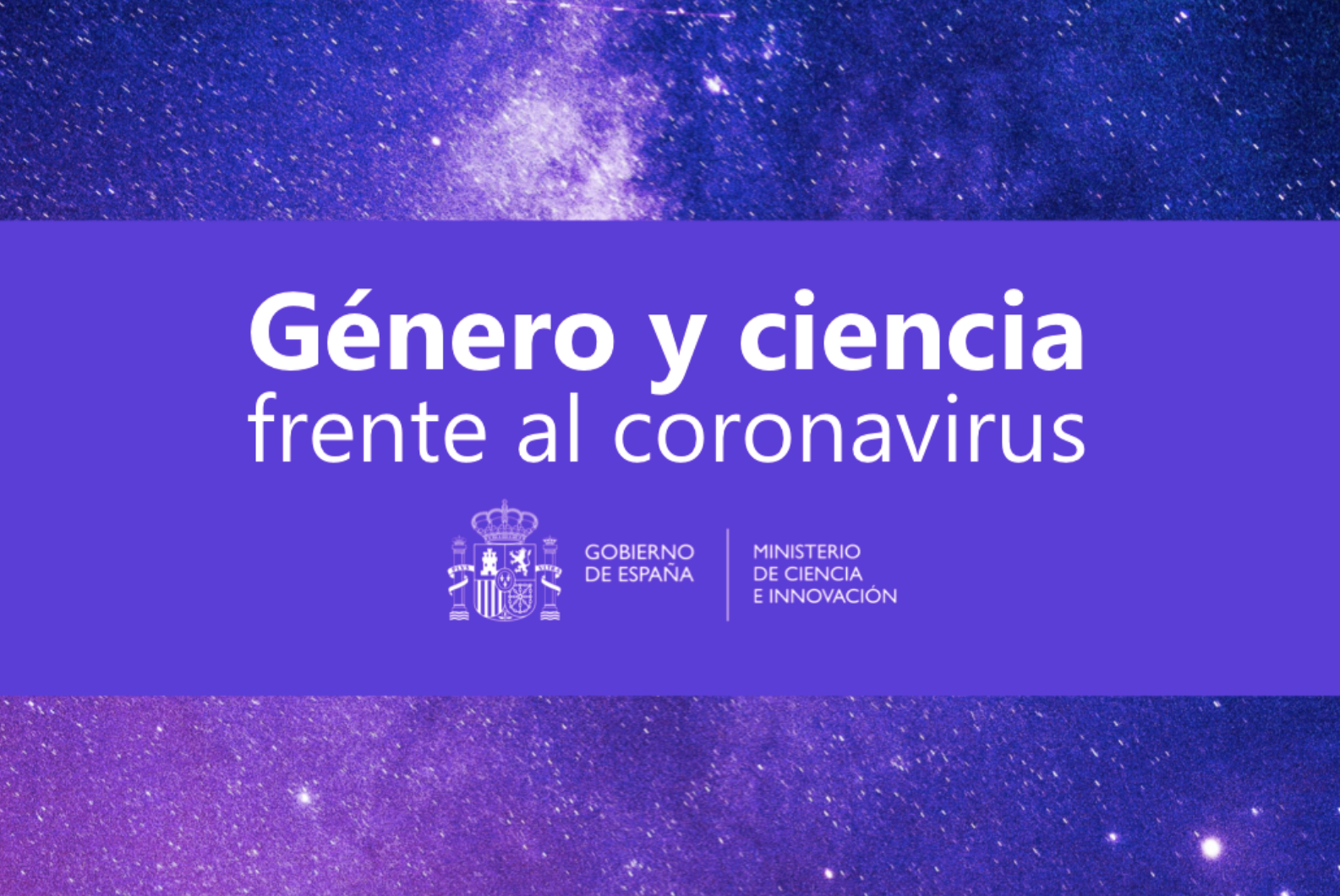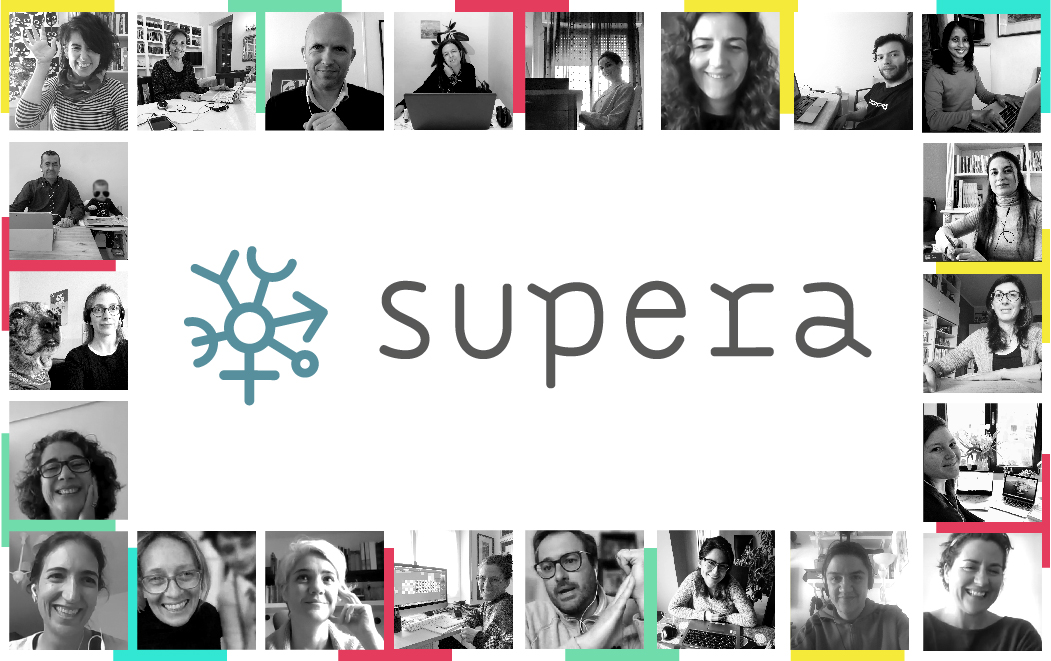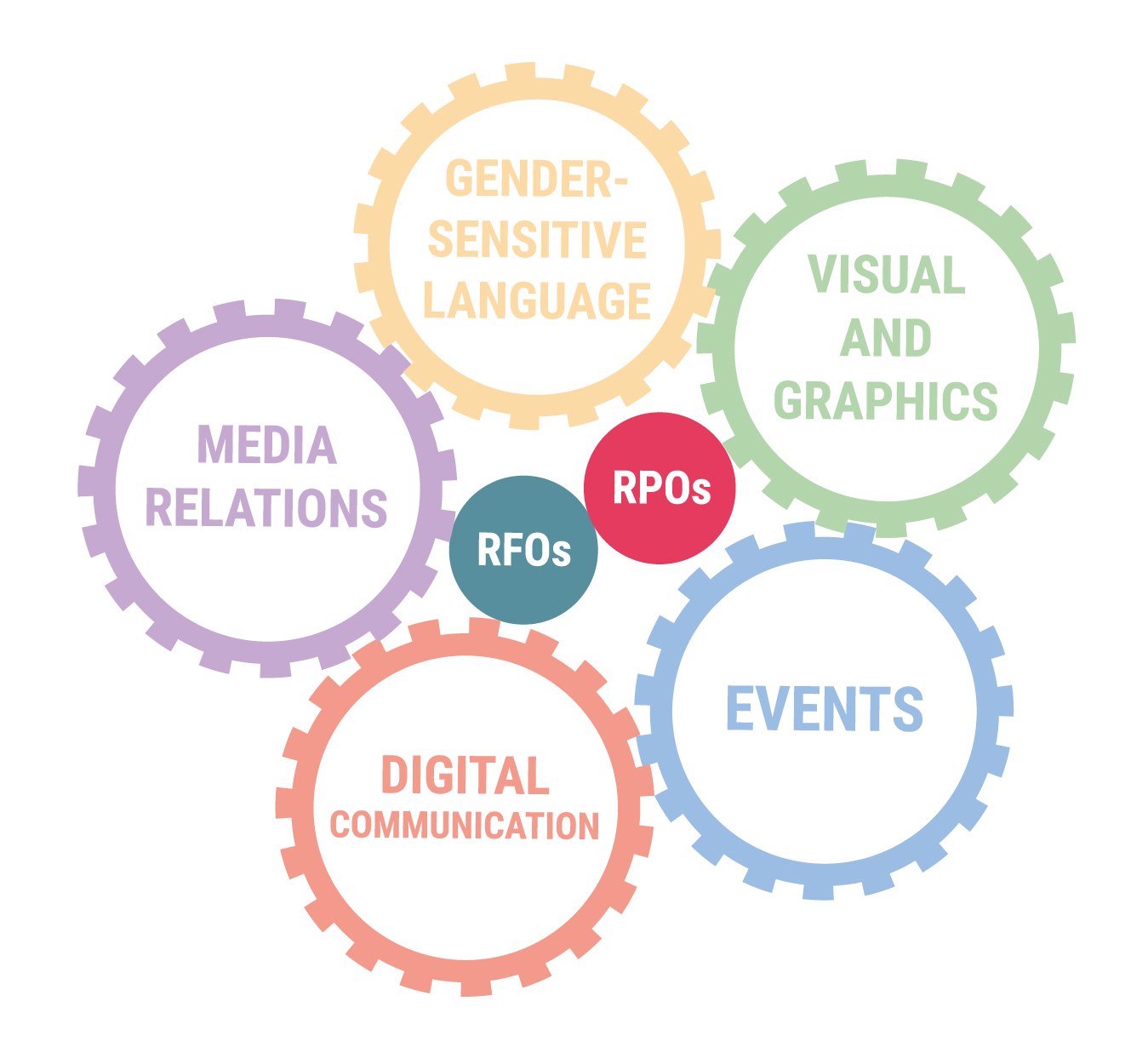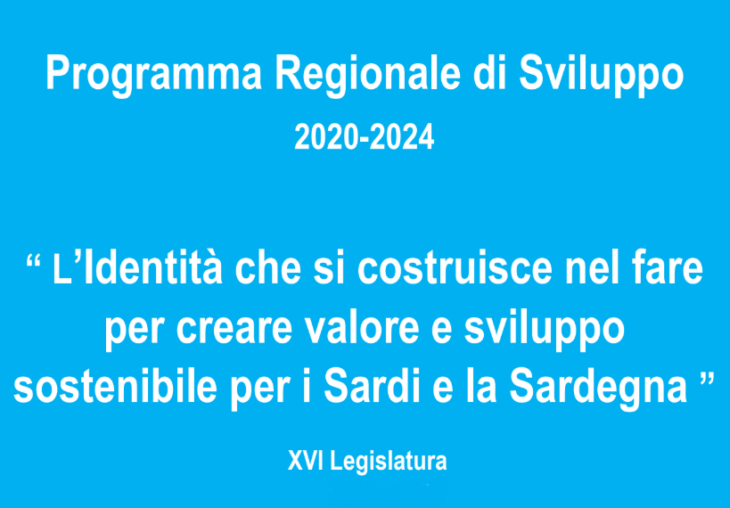Overcoming gender gaps in research funding organisations: RAS approves its Gender Equality Plan
By Autonomous Region of Sardinia core team
The Regional Programming Centre of the Autonomous Region of Sardinia directly supervises and manages the regional funds for research and innovation. These funds finance basic research projects, young researchers and the investments in support of the innovation system. These functions and responsibilities of the Sardinia Region are carried out on the basis of a specific law, the Regional Law n. 7/2007, in favor of research and innovation, which currently has no any reference to gender policies. Therefore, the objective of the RAS in the activities within SUPERA project has been focused on creating an operational tool aimed at intervening on gender issues in the research field in Sardinia: the Gender Equality Plan (or GEP).
With the goal of building a GEP that could have the most effective impact, RAS started its activities by verifying the possible existence of a gender gap in the provision of resources to support research. The aim was to give indications to the policy maker and to create a favorable environment for the access to resources.
Specifically, this first phase was carried out following three guidelines:
1) ANALYSIS. This step concerns: the reference regulatory framework; the scope of applicability of the gender discipline in the research field; gender differences in the provision of grants for the implementation of research projects.
2) LISTENING. A shared and participatory path has been started among regional stakeholders on gender issues. The goal was to bring together in a hub the internal and external stakeholders, capable of providing data, suggestions and ideas useful for the drafting of the GEP. So far, the following external stakeholders participated in the hub: the Department of General Affairs and Personnel of the Sardinia Region, the agency Sardegna Ricerche, the Regional Councilor for equality, the Regional Commission for equal opportunities, Giulia Giornaliste, Corecom Sardegna, the Equality Councilor of the Metropolitan City of Cagliari and the Formez PA. This phase is dynamic as the hub is always open to the adhesions of new members. The stakeholders will support the GEP throughout its implementation phase.
3) OBJECTIVES. The definition of the objectives of the GEP led to the drafting of the Plan.
The first objective identified by the GEP is to bring about a structural change in the approach to gender issues in the Sardinia Region. Within the actions carried out to achieve this goal, it is important to emphasise the inclusion of the SUPERA principles in the PRS – Piano Regionale di Sviluppo (RDP – Regional Development Plan) 2020-2024. The RDP is the five-year regional planning document that defines the strategies and policies that Sardinia intends to implement over the course of the legislature. Consequently, the inclusion of SUPERA in the Plan represents a clear political commitment on the part of the President of the Region and his Council towards gender policies.
The second objective of the GEP is focused on Regional Law 7/2007 and it is intended to introduce corrective actions aimed at guaranteeing gender equality within the calls for basic research.
The third objective recalls the results of the descriptive analysis and the suggestions of stakeholders within the project hub. In particular, it considers the criticalities of the system of evaluation of research projects, which is not very sensitive to gender issues.
In conclusion, it is emphasised again that the GEP is conceived as a dynamic and constantly evolving tool, which can always lead to positive updates. Its structure has been defined by using the Logical Framework Approach (LFA) and indicates objectives, actions and indicators providing for appropriate actions throughout the life span of SUPERA.
The RAS Gender equality plan is available at this link.







